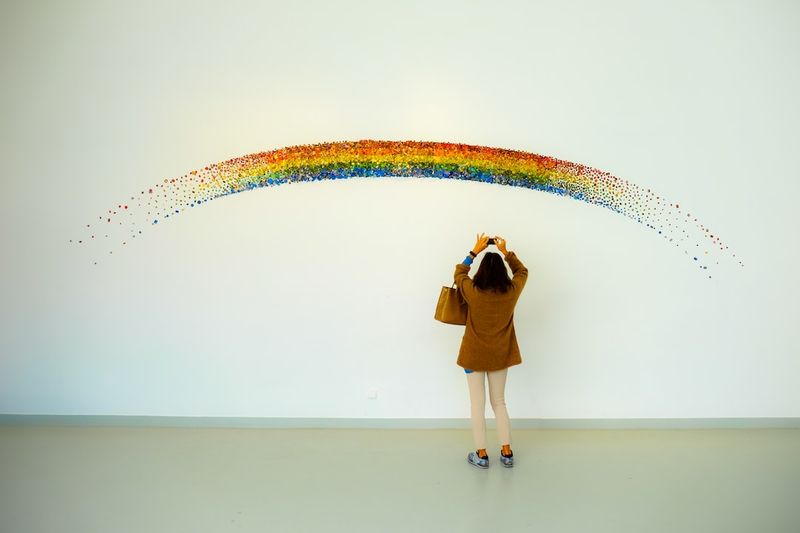## MeToo and Film Controversy at Cannes
The presence of “Jeanne du Barry” at Cannes, starring Johnny Depp, created a dilemma for Brie Larson, a jury member and advocate for the MeToo movement; a journalist asked her if she would watch a movie featuring Depp, considering her association with the Time’s Up group. The actress appeared a little taken aback, offering a terse reply to the reporter’s question. However, she later confirmed that the jurors watched “Jeanne du Barry” after the opening ceremony, though it was out of competition for the Palme d’Or, which is the prize that jurors decide upon.
The MeToo movement has raised discussions about the film industry’s accountability for sexual harassment and abuses to women. In this sense, Depp and Heard’s case is one that significantly affects these conversations, especially as the actor has always denied the accusations. The question of whether cases such as Depp’s should render him ineligible for such an event’s participation raises the question of what accountability means in the film industry and how such scenarios impact the industry significantly.
## Balancing Freedom of Thought and Responsibility
The controversy surrounding “Jeanne du Barry” and Johnny Depp’s association with the MeToo case highlights an ongoing issue of balancing artistic freedom and the responsibility of content creators in a changing society. While the festival’s director Thierry Fremaux emphasized his commitment to freedom of thinking in his decision to choose the film, choices like this spark debate about the message cultural institutions send and the weight of social responsibility that comes with creating and exhibiting art.
Ruben Ostlund, the president of the Cannes jury, voiced his concerns about the fear of saying something stupid and urged jurors to trust their instincts. Film appreciation is, ultimately, subjective. However, in times of social movements and necessary cultural shifts, it is important that art does not harbor or perpetuate harm and discrimination. In the face of such challenges, free thought and creativity will only accelerate positive change.
## Final Thoughts
As Cannes witnessed the premiere of “Jeanne du Barry,” a movie with controversy around its lead actor’s association with the MeToo movement, discussions on artistic freedom and creative accountability for filmmakers have arisen. The event serves as a reminder that social responsibility and freedom of thought are not mutually exclusive topics. Ultimately, the film industry has the power to ignite significant conversations and spur change. As jurors and filmmakers gather to celebrate the power of films, they must also keep in mind the industry’s responsibility to create and exhibit content responsibly, with an eye towards cultural shifts.

<< photo by Khoa Võ >>




